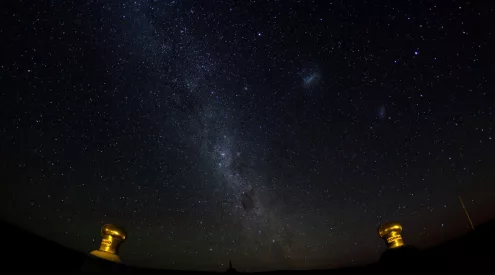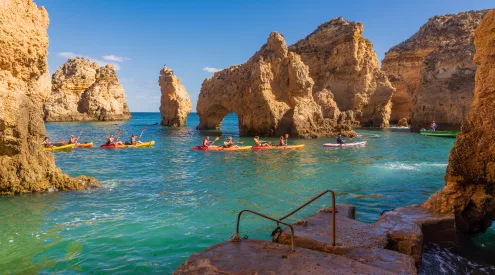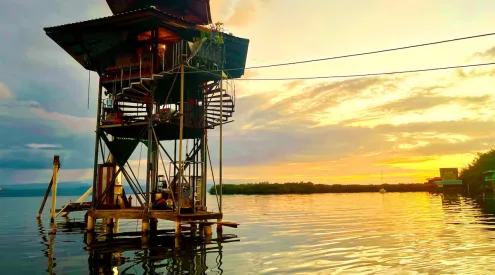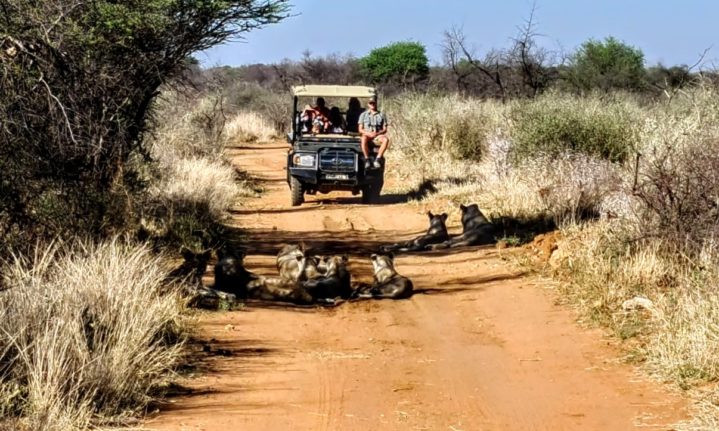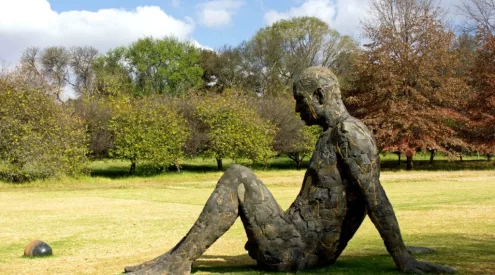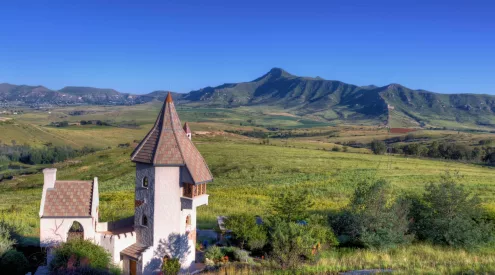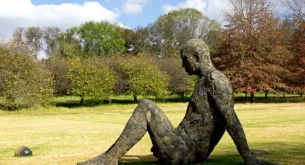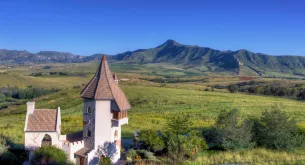Limpopo Field Guiding Academy (LFGA) has dedicated almost 20 years to helping young nature enthusiasts pursue their dreams. Spending all that time in the bush has taught them and all their students not only valuable lessons about wildlife but also precious life lessons.
Here are 20 tips that are applicable in nature and in life to honour their 20 years of service.
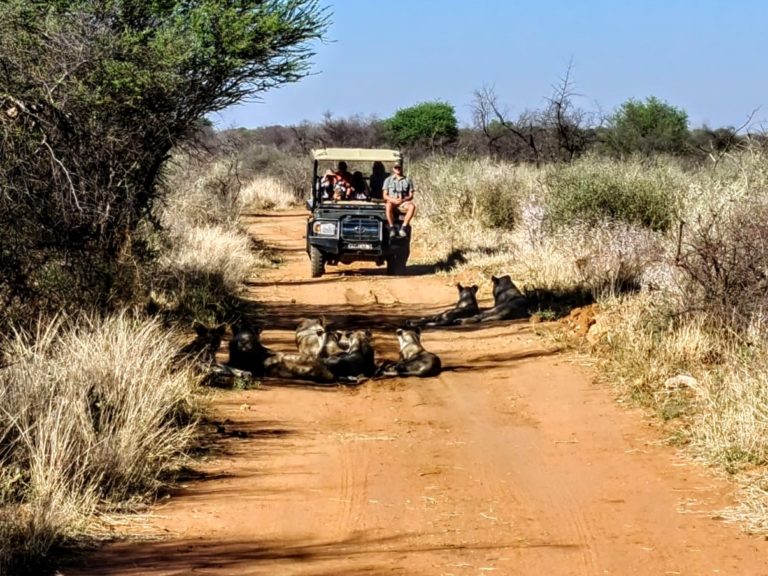
1. Life is short
Many of their students say they wish they’d done a field guiding course earlier in life. How many people would’ve had a greater enthusiasm for nature if they had pursued their knowledge of it? Find your passion and go for it!
2. Family and community are important
Family instincts in the wild are crucial. The care that a herd of elephants shows to their young is exemplary and sets a good example for humanity. Imagine a world where we showed a similar level of care to our families, our communities, our nation, and global society.
ALSO READ: Unwind in nature: a guide to the best camping sites in Limpopo
3. Self-fulfilment
Spending time in nature gives you a better knowledge of yourself. Having a deeper understanding of who you are is a fundamental step in fulfilling your hopes and dreams.
4. Connection with the earth
Greed, wasteful consumption, and the accumulation of unnecessary items don’t occur in nature. Survival instincts are strong and guide behaviour. In humanity, the opposite is true, and excess is often measured as success. If you connect with the earth, you learn that life should be more about quality than quantity.
5. The world is accessible
They enjoy sharing their passion for the bush with students of all nationalities. They get to witness the transition of those from cosmopolitan backgrounds absorbing a new set of values inspired by nature. They meet their goal when this knowledge is shared with friends and family back home, generating more appreciation for the wonders that are around them!
6. The value of conservation
While many species remain under threat, they have witnessed conservation successes over the past 20 years. There is undoubtedly a greater consciousness about the human impact on our planet than ever before.
7. Take pleasure in the smaller things in life
Nature starts at home. Your garden can be a healthy ecosystem! Don’t be annoyed by that croaking frog, they are an indicator species that are vulnerable to an unbalanced environment. Sitting at a waterhole in the bush as the sun goes down, listening as the evening sounds kick in, these moments will give you great pleasure if you pay attention to them.
8. Gratitude is the key to happiness
In nature, things are often slowed down, actions are guided by an instinct that has been formulated over thousands of years. The transition of their students from living in a convenience-based world to the discovery of nature is enlightening. Taking time to consider the things you’re grateful for shows you how much you have and how little you need to be happy.
9. Symbioses, what is that?
Symbiosis describes a relationship or interaction between two dissimilar organisms and depends on whether either or both organisms benefit from the relationship. These sorts of relationships are fairly common in nature, like aphids and ants. Imagine a world where you embraced your differences and capitalised on your strengths for the greater good of the community.
10. Experience, experience, experience
Experience is invaluable! To gain experience, you need to be able to learn, listen, and accept that you do not know as much as you think. You might be equipped with theory, but the reality may differ slightly from the textbook.
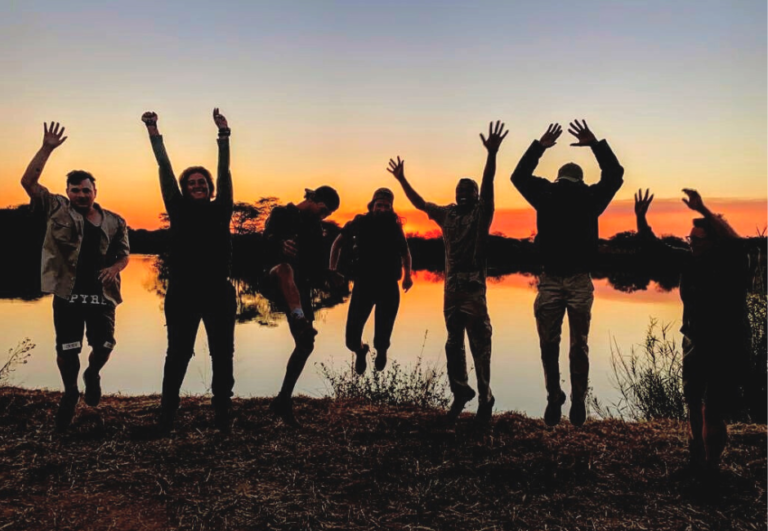
11. Take time to reflect
Reserving time to reflect on your day is important, as reflection teaches us patience. Consider a predator waiting for the right moment to attack its prey. This takes considerable patience and without it, many opportunities would be lost. If humanity spent more time reflecting on its objectives, how much more accomplished we would be?
12. Observe your surroundings
Observation and awareness of your surroundings are key to survival in the natural world. In the world, taking note of your surroundings enhances your knowledge and understanding of your environment, and teaches you to listen without your ears. It offers the opportunity to connect with people, nature, and concepts on a deeper level.
13. Nature subtly commands respect
After 20 years of field guiding teaching experience, they are familiar with their surroundings. Learning wild animals’ behaviour and signs of unease allows us to immerse ourselves deeper in the natural environment.
Every so often they will experience an “outlier”, an animal behaving in an unusual way, or an unanticipated change in weather conditions, which reminds them that they remain vulnerable if they do not pay attention.
14. The magic of sunrises
20 years equates to 7300 sunrises. A sunrise remains one of the most inspiring moments of the day. Many of their students arrive dreading early morning starts but quickly learn to appreciate how each unique sunrise serves as a tonic to embrace the day.
15. Discomfort is a teacher
You are all more capable than you think! Pushing yourself past your comfort zones is where you learn what you’re made of! There’s a sense of achievement when they see their students exceeding their expectations. They go into what was perceived to be an uncomfortable experience and find the challenge to be an enriching experience.
16. Location, location, location
Limpopo Field Guiding Academy is fortunate to be located in one of the most biodiverse regions of South Africa. The transitional zone between the savannah and grassland biomes gives them access to an abundance of fauna and flora species.
17. Stars uncover the truths of the universe
Experiencing a full canvas of stars makes the mind richer. Seeing light that has travelled millions of light years from a distant galaxy to the photoreceptors in your eyes can make you feel small but connected. Allowing your mind to awe at the complexity of our existence makes you appreciate that life is far more magical than you think.
18. Don’t feel you need to fit in
Just because something is the norm doesn’t mean that it is for you. Some of their students don’t perform well in a traditional schooling environment but excel in their courses. There are many famous individuals who never completed their education but managed to influence the world. Some examples include Winston Churchill and Coco Chanel.
19. Campfires make for the best connection
There is nothing more rewarding than sitting around the fire with people you shared a long day in the bush with. The campfire creates an environment with free-flowing stories, some deep, some exaggerated, and all fun.
20. Time heals
Twenty years of educating students of all ages and diversity have presented them with countless opportunities to see how time unfolds.
They have seen seedlings grow into majestic trees, only to be pushed over by young elephants. Although death is sad, once you appreciate how the loss of life in one aspect of nature may mean the survival of something else, it becomes understandable.
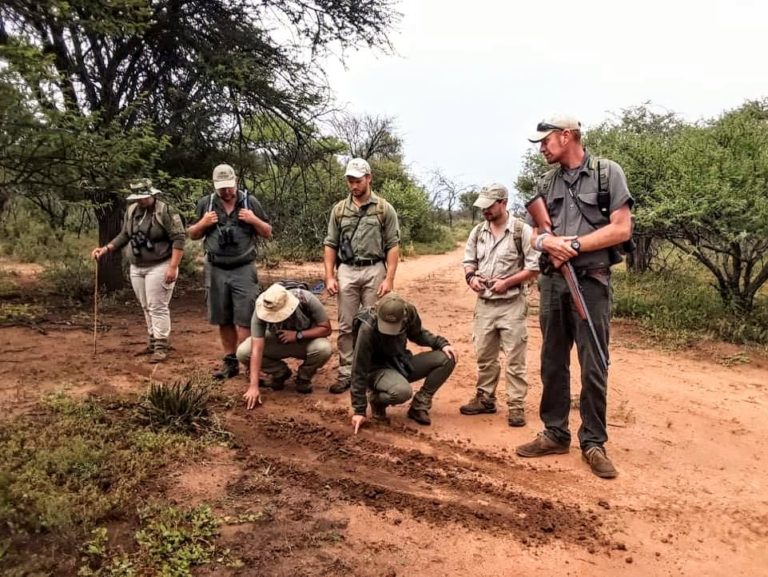
Of all the experiences, lessons, tough times, and happy moments, as well as the great people they have had the privilege of meeting, they realise that gratitude is important to improving all areas of their lives.
They look forward to the sunrise of the next 20 years of Limpopo Field Guiding Academy and the future experiences that they can share with others.
ALSO READ: The Road Trip That Visits Every National Park in South Africa

